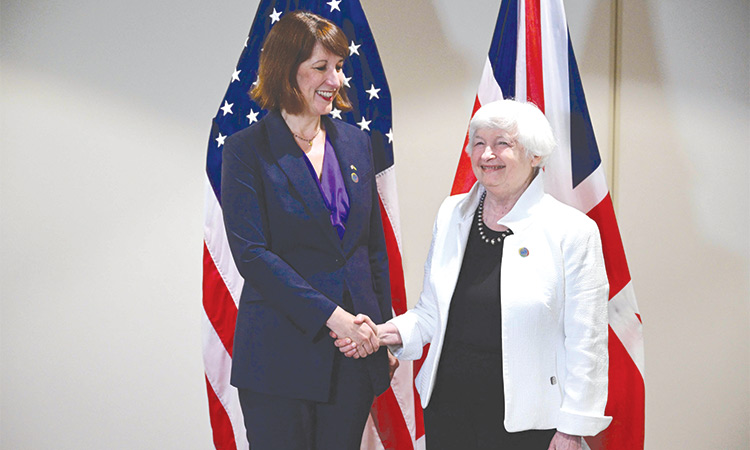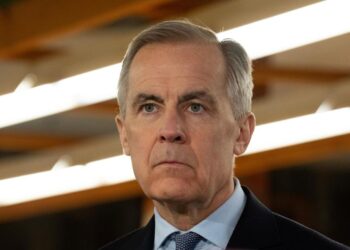On Monday, Rachel Reeves, the newly appointed finance minister of the United Kingdom, will outline the extent of the financial crisis that she claims to have taken over, possibly opening the door for tax increases that some believe she should have disclosed more openly prior to the election. Reeves ordered an evaluation of public spending needs after Labour won the July 4 election, as the official budget forecasts released in March did not adequately reflect these needs.
Reeves emphatically stated that the election victor would face the worst economic conditions since World War II, but he refused to consider increasing the rates of nearly all major taxes to address this.
According to Labour sources on Friday, Reeves is now anticipated to uncover a 20 billion pound ($26 billion) hole in the public coffers. In March, Britain’s independent fiscal watchdog, the Office for Budget Responsibility, revealed that the previous Conservative government’s five-year budget plans left only 8.9 billion pounds of room to meet a self-imposed rule intended to prevent debt from increasing.
Reeves stated that although she would prefer lower taxes than higher taxes, she would not make any promises that she could not keep under the debt limits that Labour promised to uphold. Reeves told reporters at a G20 finance leaders’ meeting in Brazil late on Thursday that she had been upfront about the need to fix public services and that she anticipated criticism of her assessment of the finances.
Also Read:
EasyLease’s H1 Income Increases By 36% to Dh189 Million
To Attract More Customers, Shein Plans to Open a Pop-up Shop in South Africa






























































